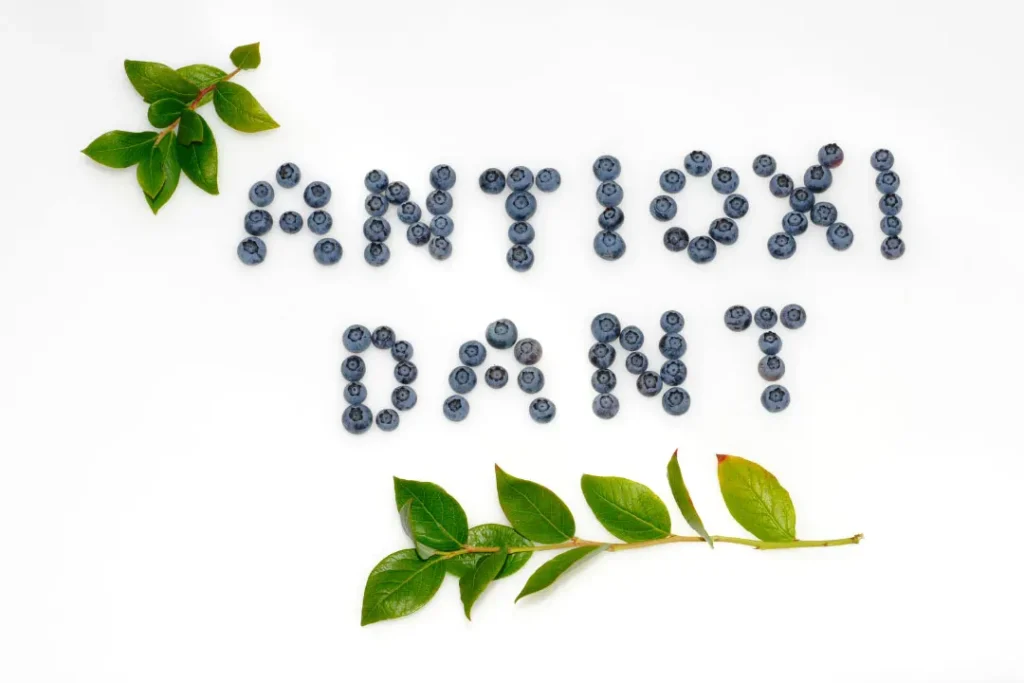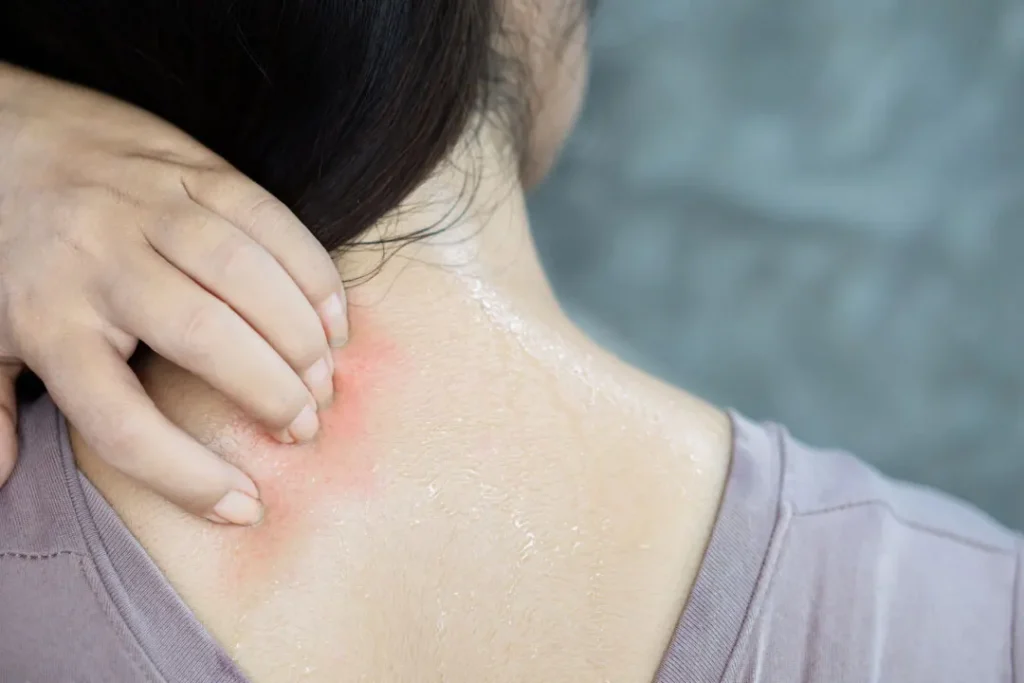Due to its alleged health advantages, bugle has drawn interest in the health and wellness community. The scientific foundations of bugle remain misunderstood, and there is a dearth of easily available information despite its rising popularity. By examining bugle’s characteristics, health advantages, recommended dose, potential negative effects, possible drug interactions, and best practices for usage, this page aims to demystify bugle.
You May Also Like:
Finding the Best Supplements for Brain Fog After COVID: 5 Top Brands Reviewed
Bugle: Benefits, Dosage, Side Effects, Drug Interactions, and Other Important Information is an original (NootropicsPlanet) article.
Nature of Bugle
Bugle is a complicated substance made up of several physiologically active ingredients. The main components include a range of vitamins, minerals, and phytochemicals, while the precise composition may vary significantly depending on the source and extraction technique. These components are precisely combined in bugle to give it its distinct qualities and possible health advantages.
The phytochemicals in particular have been investigated for their possible health advantages among these ingredients. These substances, which include polyphenols, flavonoids, and terpenoids, have antioxidant characteristics, indicating they could help explain how bugle improves general health.
Health Benefits of Bugle
The antioxidant qualities of bugle are principally responsible for the health advantages that have been shown by several research. Oxidative stress, which results from an imbalance between the generation of damaging free radicals and the body’s capacity to mitigate their negative consequences, is thought to have a role in a number of chronic illnesses, including cancer, diabetes, and cardiovascular disorders. certain free radicals may be neutralized by the antioxidants in bugle, lowering oxidative stress and perhaps lowering the chance of developing certain illnesses.
Additionally, studies point to potential neuroprotective properties for bugle. Acetylcholinesterase, an enzyme that degrades acetylcholine, a neurotransmitter essential for memory and learning, has been discovered to be inhibited by a few bugle ingredients. Bugle may improve cognitive function and maybe postpone the development of neurodegenerative diseases like Alzheimer’s disease by suppressing this enzyme.

Chemistry of Bugle
Bugle is made up of a potent collection of active substances, including vitamins, minerals, and several phytochemicals. These phytochemicals are powerful bioactive substances derived from plants. The most notable of them are polyphenols, flavonoids, and terpenoids.
Polyphenols, which are antioxidants that contain flavonoids, lessen oxidative stress by scavenging free radicals. On the other hand, terpenoids display a variety of biological actions, such as anti-inflammatory, antiviral, antibacterial, and anticancer characteristics. These ingredients work together to create bugle a strong nutritional supplement.
Physiological Mechanisms of Action of Bugle
Bugle’s antioxidant characteristics are related to its main mode of action. The antioxidants in bugle lessen oxidative stress, a major cause of chronic illnesses including diabetes and cardiovascular disease, by scavenging free radicals.
The key factor contributing to bugle’s possible neuroprotective benefits is its capacity to block acetylcholinesterase, an enzyme responsible for the breakdown of acetylcholine, a neurotransmitter important for memory and learning. Bugle blocks this enzyme, increasing the brain’s acetylcholine availability and perhaps enhancing cognitive performance and delaying the onset of neurodegenerative disorders.
Potential anti-inflammatory properties of bugle are another significant component of its physiological activity. The different chronic illnesses that inflammation contributes to are substantial. It has been discovered that the phytochemicals in bugle, notably terpenoids, block the synthesis of pro-inflammatory cytokines, which are signaling molecules that cause inflammation. Bugle may thus help to reduce chronic inflammation, hence promoting general health.


Optimal Dosage of Bugle
The ideal bugle dose must be determined carefully, taking into account a variety of variables like age, sex, health, and personal metabolic differences. Although there is no set dose for adults, the majority of research points to a range of 100–500 mg per day. A healthcare professional must be consulted before beginning any supplements plan, however.
Side Effects of Bugle
Bugle may have negative effects, although they are normally few and minor when used at appropriate doses, just as with any dietary supplement. Particularly after beginning supplements, some people may have gastrointestinal discomfort, including nausea or diarrhea. Headaches and skin rashes are two more documented adverse effects. It is advised to stop using and seek medical advice if any of these negative effects linger or become worse.


Potential Substance Interactions with Bugle
The complicated makeup of bugle raises the possibility of drug interactions. For example, since it may have anticoagulant properties, it may intensify the effects of anticoagulants like warfarin, raising the risk of bleeding. Similar to how it could affect blood sugar levels, antidiabetic drugs may interact with it and need dosage modifications. Therefore, before beginning bugle supplementation, those who are currently on medication should talk to their doctor.
Best Responsible Uses of Bugle
Individuals should take into account their particular health situations, speak with a healthcare professional, and follow prescribed doses in order to use bugle properly. Furthermore, it’s important to keep in mind that even while bugle may provide a variety of health advantages, it shouldn’t be used as a replacement for a balanced diet, consistent exercise, or a healthy lifestyle.


Bugle:
Conclusion
Bugle possesses a diverse range of bioactive components that contribute to its multifaceted physiological effects, such as antioxidant, neuroprotective, and anti-inflammatory properties. Since bugle has been shown to improve heart health and lessens oxidative stress, those who struggle with cardiovascular issues and cancer may benefit from daily use of this supplement.
However, it is crucial to exercise caution by considering personal health history, possible adverse effects, and potential drug interactions before incorporating bugle supplements into your regimen. Bugle isn’t a fail-safe supplement — it has drug interactions that can elevate the chance of excessive bleeding. It is strongly recommended to consult with a healthcare provider before initiating any supplementation program. By prioritizing safety and seeking professional advice, individuals can make informed decisions about bugle as a dietary supplement for optimal health outcomes.
References:
- Antioxidants and Chronic Diseases: The Role of Oxidative Stress. Retrieved from: https://www.ncbi.nlm.nih.gov/pmc/articles/PMC3249911/
- Neuroprotective Effects of Phytochemicals. Retrieved from: https://www.frontiersin.org/articles/10.3389/fphar.2020.00637/full
- Flavonoids, Dietary Polyphenols, and Neurodegenerative Diseases. Retrieved from: https://academic.oup.com/advances/article/10/suppl_1/S73/5307221
Important Note: The information contained in this article is for general informational purposes only, and should not be construed as health or medical advice, nor is it intended to diagnose, prevent, treat, or cure any disease or health condition. Before embarking on any diet, fitness regimen, or program of nutritional supplementation, it is advisable to consult your healthcare professional in order to determine its safety and probable efficacy in terms of your individual state of health.
Regarding Nutritional Supplements Or Other Non-Prescription Health Products: If any nutritional supplements or other non-prescription health products are mentioned in the foregoing article, any claims or statements made about them have not been evaluated by the U.S. Food and Drug Administration, and such nutritional supplements or other health products are not intended to diagnose, treat, cure, or prevent any disease.
